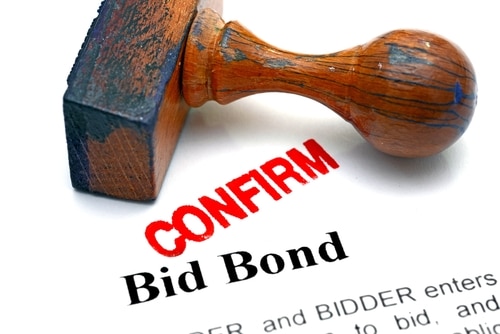Bid Bonds
Contractor Surety Bonds
Price: $125
- A Louisiana bid bond is a surety bond that guarantees a bidder's commitment to the job and its completion per a project's terms. It ensures that the contractor has the expertise and resources necessary to finish the project once you win the bid after the bidding process. You need a surety bond to get the job done, but why do more owners/developers require one? The answer is a risk. The primary reason is risk since you need a surety bond. Because contractors have gone out of business and municipalities have filed for bankruptcy (or are slow paying), owners are concerned that their contractors will be unable to finish the job. Therefore, they require some protection.
To purchase your Bid Bond Louisiana Facts and Information simply click on the "Buy Now" button. You will then be guided through a brief set of questions. After which you'll pay online and sign using DocuSign. Your new surety bond will be signed and sealed as a full-color PDF document for printing.
Securing a Bid Bond Louisiana Facts and Information surety bond is a commitment by principals to adhere to the stipulations of contractual and legal obligations.
Note: If the bond requires underwriting, it may take up to 24 hours.




